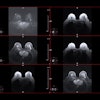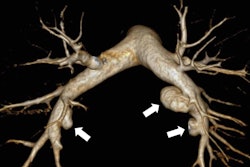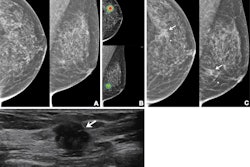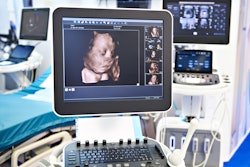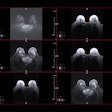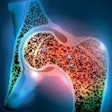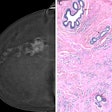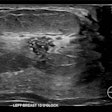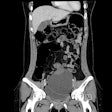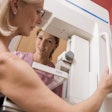Dear AuntMinnieEurope Women's Imaging Insider,
Recreational drug abuse can have a substantial impact on the heart and lungs, but what's the role of radiology? And which imaging modality and techniques tend to produce the best results?
Researchers from Girona, Spain, and Liverpool, U.K., have provided answers in a new European Journal of Radiology article. They've kindly agreed to share with us some clinical cases, including that of a 35-year-old woman with a history of multiple drug abuse. Find out more in today's top story.
In another recent study, the authors found that while AI improved the specificity of mammography interpretation, mammography plus supplemental ultrasound detected more node-negative early breast cancers that AI-enhanced mammography could not detect. AI cannot fully compensate for mammography's low sensitivity in women with dense breasts, they insisted.
Another AI-related article published earlier this month focused on Swedish research. Using an AI-based score to select a small proportion of women for supplemental MRI after negative mammography detected many missed cancers, the investigators reported. You can read more here.
The latest findings of a research group led by Dr. Marc Lobbes, PhD, from Maastricht University Medical Center in the Netherlands, also deserve a close look. The team found that contrast-enhanced mammography is now the preferred modality to use after a screening recall.
Also, we've covered an important analysis of how MRI shows women who have their ovaries removed before menopause have reduced white matter integrity in multiple regions of the brain later in life. Get the full details in our report.
Philip Ward
Editor in Chief
AuntMinnieEurope.com





